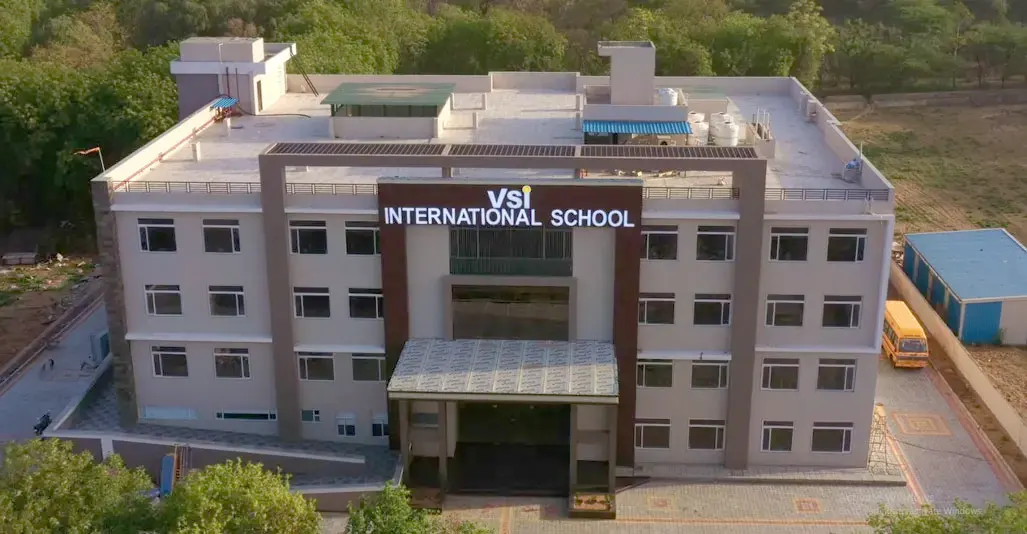
ICSE vs IGCSE: A Comprehensive Comparison
Choosing the right educational board for your child is a crucial decision that can shape their academic journey and future opportunities. In this blog post, we compare two prominent educational boards: the Indian Certificate of Secondary Education (ICSE) and the International General Certificate of Secondary Education (IGCSE).
Read More The Best Foreign Languages to Learn in 2025
Full Form of ICSE
The Indian Certificate of Secondary Education (ICSE) is an examination conducted by the Council for the Indian School Certificate Examinations (CISCE). Established in 1958, ICSE is known for its rigorous and comprehensive curriculum.
Full Form of IGCSE
The International General Certificate of Secondary Education (IGCSE) is an internationally recognized curriculum developed by the University of Cambridge International Examinations. It offers a flexible and practical learning experience, preparing students for further education globally.
Curriculum Structure: ICSE vs IGCSE
ICSE:
The ICSE curriculum is divided into three groups:
- Group 1: Compulsory subjects including English, a second language, History, Civics, and Geography.
- Group 2: Elective subjects such as Mathematics, Science (Physics, Chemistry, Biology), Economics, and others.
- Group 3: Skill-based subjects like Computer Applications, Art, Physical Education, and more.
The curriculum aims to provide a holistic education, focusing on both academic and extracurricular activities.
Read More How to Become CA after 12th?
IGCSE:
The IGCSE curriculum offers a wide range of subjects, allowing students to choose subjects based on their interests and career aspirations.
Subjects are categorized into five groups:
- Group 1: Languages
- Group 2: Humanities and Social Sciences
- Group 3: Sciences
- Group 4: Mathematics
- Group 5: Creative, Technical, and Vocational
Assessment Methods: ICSE vs IGCSE
ICSE:
- The ICSE board uses a combination of internal assessments and external examinations.
- Internal assessments include project work, practicals, and assignments, which contribute to the final grade.
- External examinations are conducted at the end of Class 10, covering all subjects studied.
IGCSE:
- The IGCSE assessment includes written exams, oral tests, coursework, and practical assessments.
- Students receive grades for each subject they take, and the final qualification is based on the cumulative performance across all subjects.
- The grading system is international, making it easier for students to apply to universities worldwide.
Subject Choices: ICSE vs IGCSE
ICSE:
- Offers a fixed set of subjects with limited flexibility in choosing electives.
- Emphasizes a broad-based education with equal importance given to all subjects.
IGCSE:
- Provides a wide range of subject choices, allowing students to specialize in areas of interest.
- Encourages interdisciplinary learning and practical application of knowledge.
Educational Philosophy: ICSE vs IGCSE
ICSE:
- Focuses on a balanced education that nurtures intellectual, emotional, and social development.
- Encourages participation in extracurricular activities and sports to promote overall growth.
IGCSE:
- Emphasizes critical thinking, problem-solving, and independent learning.
- Prepares students for global opportunities by fostering an international perspective.
Conclusion
Both ICSE and IGCSE have their unique strengths and cater to different educational needs. The ICSE board is ideal for students seeking a rigorous and balanced education within the Indian context, while the IGCSE offers a flexible and internationally recognized curriculum that prepares students for global opportunities. Ultimately, the choice between ICSE and IGCSE depends on the individual student’s learning style, interests, and future aspirations..
FAQ
Is IGCSE Better than ICSE?
IGCSE offers a flexible, internationally recognized curriculum, while ICSE provides a comprehensive education with a strong focus on English and overall development.
Is IGCSE good for Indian students?
Yes, IGCSE is beneficial for Indian students as it emphasizes critical thinking, problem-solving skills, and is globally recognized, making it ideal for those aiming for higher education abroad.
What are the disadvantages of IGCSE?
- Higher fees due to luxurious facilities and qualified staff.
- Vast curriculum can be stressful.
- Limited availability of reference books and tuitions.
Which Board is Better, ICSE or IGCSE?
ICSE is better for quality education within India, while IGCSE offers more subject choices and a higher international standard of studies.





